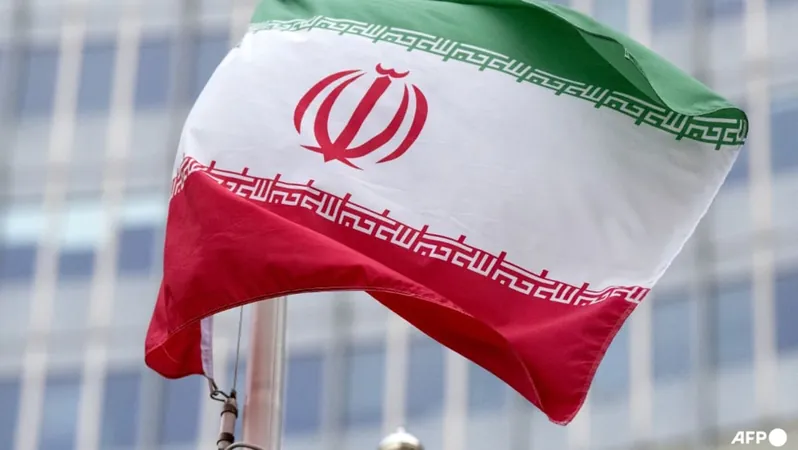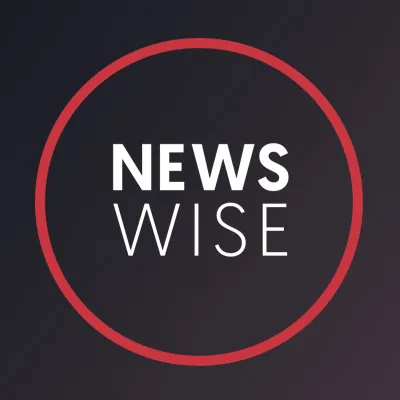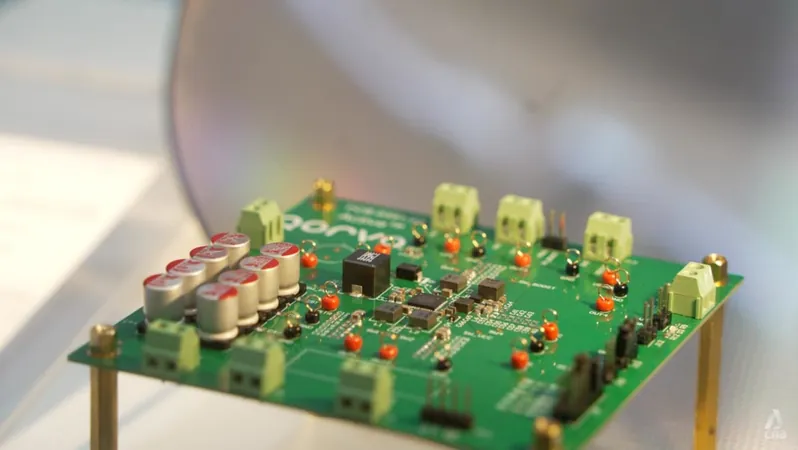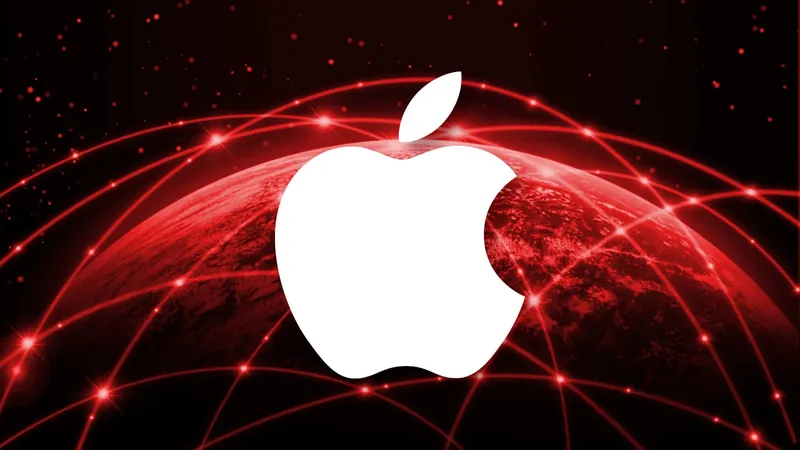
Iran Warns Western Resolution Could Undermine IAEA Relations
2024-11-21
Author: Li
In a bold declaration from Tehran, Iran's Foreign Minister Abbas Araghchi has warned that a forthcoming resolution by Western nations aimed at condemning Iran's nuclear activities could significantly weaken the relationship between Iran and the International Atomic Energy Agency (IAEA). This resolution is set to be voted on during a board of governors meeting at the IAEA’s headquarters in Vienna on Thursday, November 21.
The resolution has been officially submitted by France, Germany, the United Kingdom, and the United States, who accuse Iran of insufficient cooperation regarding oversight of its nuclear program. This move follows a recent visit by IAEA Director-General Rafael Grossi, raising questions about its timing and motivations.
In response to the resolution, Araghchi stated, “This inappropriate action by the three European countries will only disrupt and weaken the interaction processes between the agency and Iran.” His sentiments were echoed visually by the reformist newspaper Sazandegi, which featured a striking image of both Araghchi and Grossi, symbolically turned back to each other.
Kazem Gharibabadi, Iran’s deputy foreign minister for legal and international affairs, took to social media to further criticize the actions of the European countries, labeling the IAEA as a “political tool” in the Western agenda against Iran.
The resolution demands a "comprehensive report" on Iran's nuclear activities, which is set to be prepared by Grossi and submitted by Spring 2025. This report is also expected to address questions about unexplained uranium traces found at undisclosed locations in Iran, which have raised alarms among international observers.
Should the resolution pass, Araghchi indicated that Iran would respond “in a proportionate and appropriate manner,” hinting at potential reprisals or shifts in Iran's nuclear strategy. Notably, Araghchi was a key figure in negotiating the 2015 nuclear deal that aimed to limit Iran's nuclear program in exchange for sanction relief—a deal that the U.S. exited in 2018 under President Donald Trump, leading to an escalation in tensions.
Since the U.S. withdrawal, Iran has incrementally rolled back its commitments under the nuclear agreement. Presently, Iran holds enriched materials at significantly higher levels, peaking at 60%, which is alarmingly close to the 90% threshold necessary for weapons-grade fuel. This escalation has raised persistent fears among Western nations that Iran is inching closer to developing nuclear capabilities—claims that Tehran has categorically denied.
As the critical vote approaches, all eyes are on both Iran’s response and the implications this resolution could have on international diplomatic relations, particularly regarding nuclear proliferation in the region. Stay tuned as we bring you updates on this developing story and the reactions that follow!



 Brasil (PT)
Brasil (PT)
 Canada (EN)
Canada (EN)
 Chile (ES)
Chile (ES)
 España (ES)
España (ES)
 France (FR)
France (FR)
 Hong Kong (EN)
Hong Kong (EN)
 Italia (IT)
Italia (IT)
 日本 (JA)
日本 (JA)
 Magyarország (HU)
Magyarország (HU)
 Norge (NO)
Norge (NO)
 Polska (PL)
Polska (PL)
 Schweiz (DE)
Schweiz (DE)
 Singapore (EN)
Singapore (EN)
 Sverige (SV)
Sverige (SV)
 Suomi (FI)
Suomi (FI)
 Türkiye (TR)
Türkiye (TR)